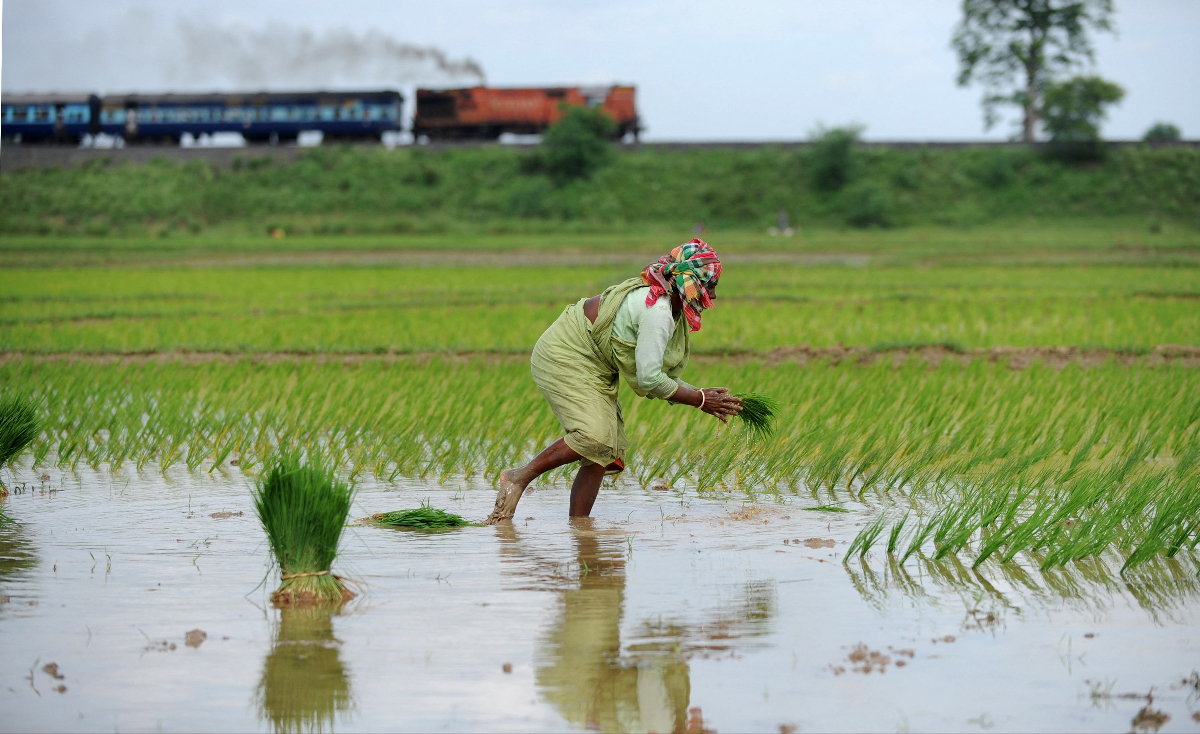The voluntary carbon offset market is projected to reach $250 billion by 2050, growing from $2 billion in 2020, according to estimates by Morgan Stanley. However, awareness of the financial and environmental benefits associated with carbon credits remains low.
Carbon offsets are typically obtained when an organization undertakes activities that reduce CO2 emissions, such as transitioning from fossil-fuel-based energy sources to renewable ones or utilizing carbon capture technology. Polluters then purchase these offsets to counter their CO2 emissions, allowing them to claim to be minimizing their emissions or moving towards “net zero” carbon emissions. As awareness of CO2‘s impact on global warming rises among the public and investors, and governments face pressure to reduce CO2 emissions, this practice has become increasingly significant.
Not all carbon offsets are equal, and the market is largely unregulated. Instances of carbon credits being issued for projects with minimal emission reduction have raised uncertainty and driven prices downward in the market.
Large-scale carbon credit companies often struggle to work at the grassroots level and may prioritize renewable energy projects due to their easier measurement and monitoring. However, Varaha is aiming to address these challenges by focusing on nature-based carbon credits generated through regenerative agriculture.
Crop residue burning contributes to a smog blanket during the winter. Varaha’s founders, with their deep agricultural expertise, recognized the need to incentivize farmers to adopt sustainable practices that limit emissions. Varaha works with over 100 partners to onboard smallholder farmers and facilitate the creation of nature-based carbon credits, primarily sold to European companies.
Varaha has developed a comprehensive MRV (measurement, reporting, and verification) platform using remote sensing, machine learning, and scientific research to quantify emission reductions and soil organic carbon sequestration. These projects also help farmers improve productivity, yield, water conservation, biodiversity, and climate adaptation.
Varaha’s unique approach allows farmers to generate additional revenues while reducing their environmental impact, in contrast to carbon credits from renewable energy projects. Varaha’s credits require additional checks, balances, and third-party audits, contributing to their higher value and quality.
Varaha co-founders (from left to right): Vishal Kuchanur, Ankita Garg, Madhur Jain. Image Credits: Varaha
Varaha recently raised $8.7 million in a financing round led by RTP Global, aiming to expand access to carbon credits for smallholder farmers and penetrate new markets within the next couple of years.
In partnership with Verra, Varaha undergoes a rigorous audit process to ensure the quality of its carbon credits, providing high-quality and globally marketable credits. Varaha’s revenue-sharing model directs a significant portion of the carbon credit sales value back to the farmers, demonstrating a commitment to equitable and sustainable partnerships.
Varaha has already contracted and sold over 230,000 carbon credits, with interest from key customers in Europe and growing interest from Indian markets. With plans to enter new markets in South Asia, Southeast Asia, and East Africa, Varaha is poised for further expansion and impact.


